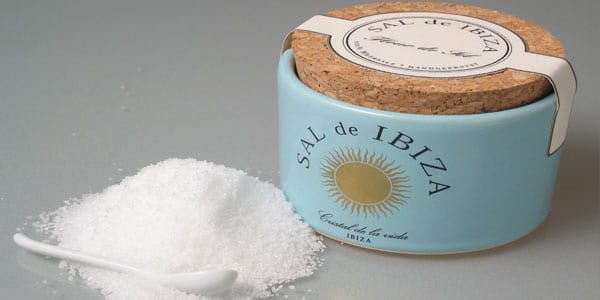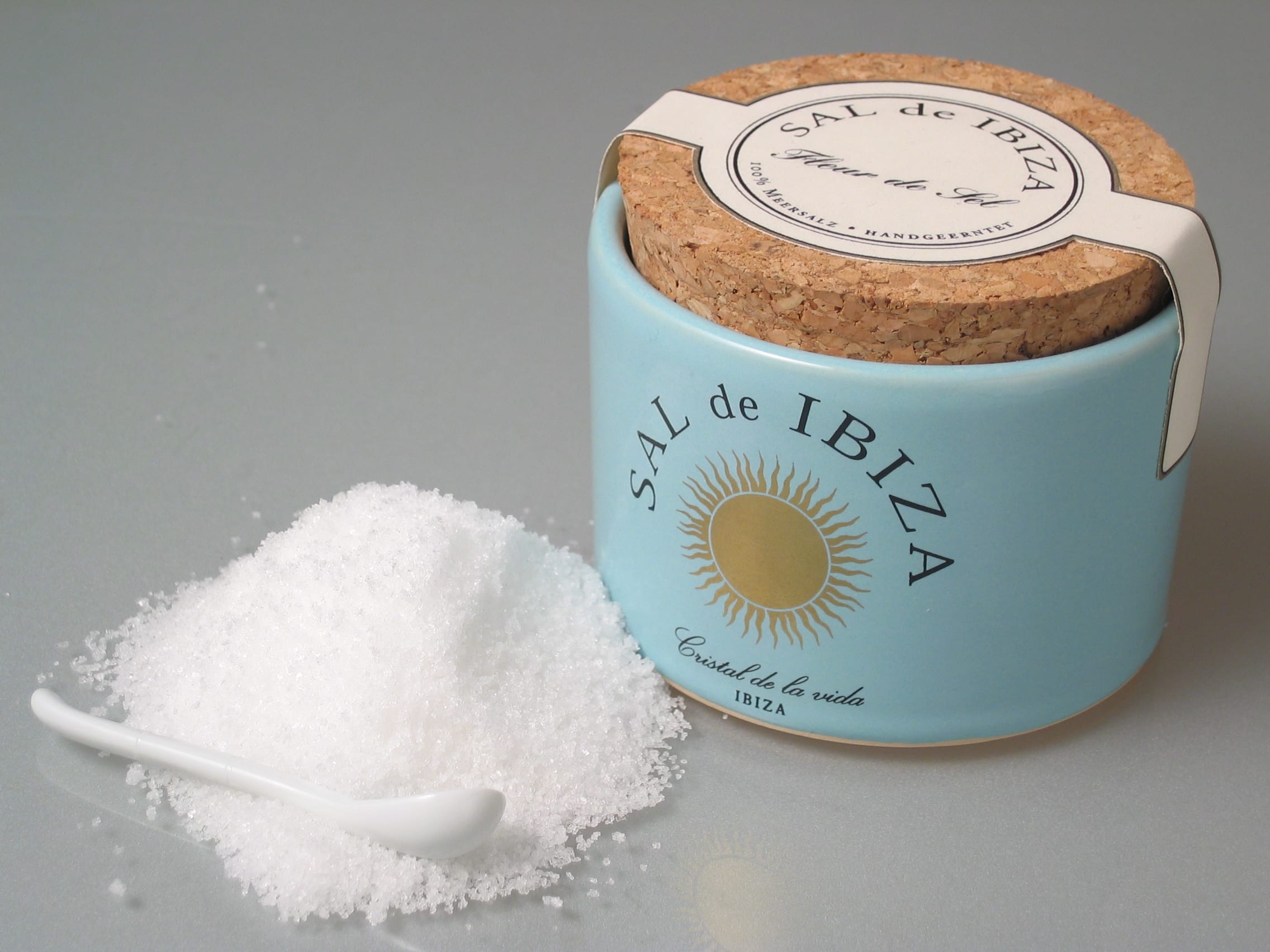There is a product that not well seen within a healthy nutrition or a proper diet, but whose arguments to justify that are not entirely clear. Therefore, in this article we want to tell you about the salt myths. What is true and what is not, based on the science? How much do doctors recommend consuming this added to the meals that it provides? touch salty, much needed in many dishes? Discover all the answers below to know, with reasons, how to use this natural food.
Food and its use in the kitchen
Before getting into the matter with the salt myths, it should be remembered that it is a compound of chloride and sodium with percentages of 60 and 40% respectively. It is extracted from nature itself, specifically from the sea, as is the case with salt flats of Ibiza, island of which this product is very famous that we talked about once. As for its use in the kitchen, it is an addition that accentuates the flavor of meals, but it is also useful for the proper functioning of our body. However, in recent decades salt has been considered as small for a healthy diet, reaching the fact of delete it of the dishes.
Why? Well because it can increase hypertension and have negative consequences on the cardiac system, despite the fact that scientists have not found such a direct relationship between cause and effect. Actually come into play many other factors. But, apart from this, on the positive the shawl it has its role, since the two compounds that form it are very abundant electrolytes in our body. Its atoms act in the nervous and muscular system. In addition, they regulate both blood volume and pressure.
Inter alia benefits, the problem is usually in your consumption in excess. It is recommended to take an amount that is not greater than 3,75 grams per day. The greatest care that must be taken is with processed foods, since many times we do not take into account the grams of this seasoning.

The many salt myths you should forget
Having said all of the above, among the salt myths is that increases blood pressure, but it is not the only food that does it and not all people respond the same to sodium. There are some groups that are more likely to suffer this consequence (diabetic, elderly, obese…). Therefore, it is not necessary to generalize, it is not entirely true, as is the case with the idea of following a diet without salt some. False, it is required, as we have explained previously. It is also beneficial for endocrine and hormonal function.
Then another of the Myths about salt is that it makes you fat, but it is not true, since does not provide calories nor is it directly related to weight gain. Quite the contrary, some studies have revealed that helps to lose. On the other hand, with the fluid retention It is the same as with hypertension, which depends on each person and other problems they suffer from. Precisely speaking of different individuals, it can be denied that their high best before date harmful is not a thing only older, but it affects Children and youth also.
Finally, we end with two other facts that are not real. The first is that If a food is not salty it is because it does not have this natural additive, but in many cases it camouflages very well. That it is not perceived in the taste does not mean that it does not contain it, you have to read the nutritional composition of the product carefully. On the other hand, in the second of the salt myths it happens the other way around: carbonated drinks no longer have sodium. Before they were made with this element, but now they incorporate carbon dioxide.







